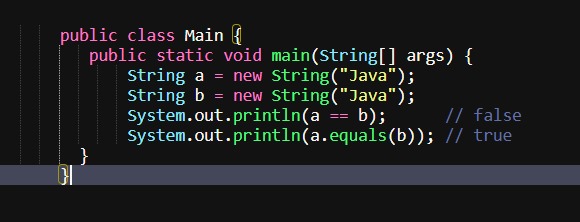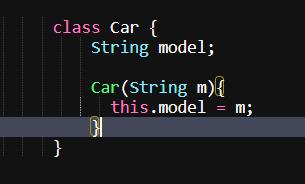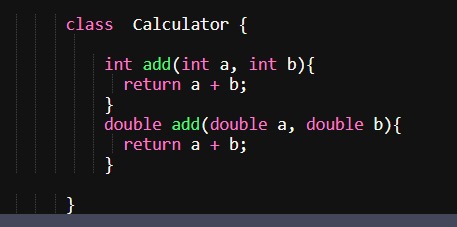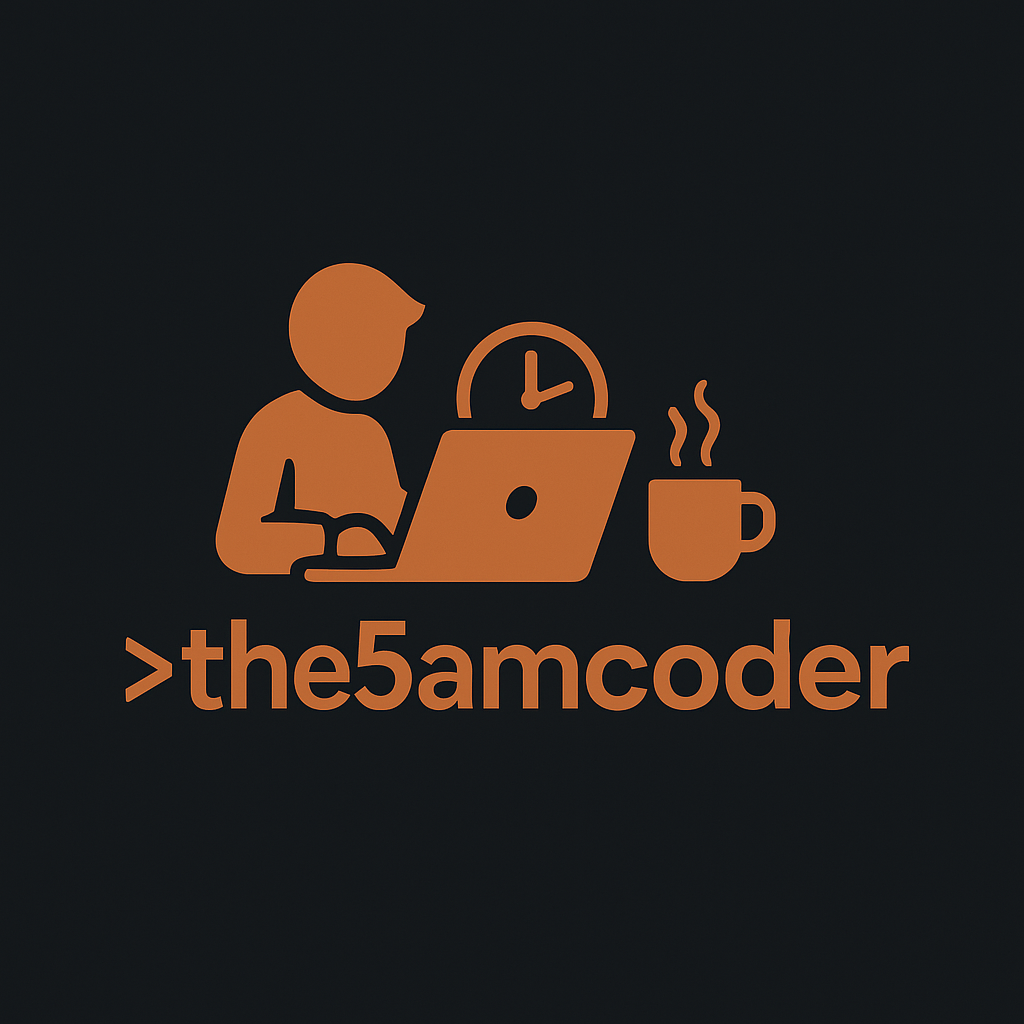If you’re preparing for your first Java interview, it’s crucial to understand the basics clearly. We’ll go over 15 often asked Java interview questions for novices in this post, along with examples and straightforward, understandable responses.
1. what is Java?
The answer is that Sun Microsystems (now Oracle) created Java, a high-level, object-oriented, platform-independent programming language. Any device with a Java Virtual Machine (JVM) may execute compiled code thanks to its “Write Once, Run Anywhere” (WORA) capability.
2. How do JDK, JRE, and JVM vary from one another?
Answer :
JDK (Java Development Kit): Development tools and JRE.
JVM plus libraries for executing applications make up the Java Runtime Environment, or JRE.
Java bytecode is executed by the JVM (Java Virtual Machine).
JDK = JRE + development tools is a tip.
3. What are Java data types?
Answer:
Primitive types: byte, short, int, long, float, double, char, boolean.
Non-primitive types: Strings, arrays, classes, interfaces.
4. What is the difference between == and .equals()?
Answer:
== compares references (memory addresses).
.equals() compares actual content
Example :
5. What is a constructor in Java?
Answer:
A special method to initialize objects. It has the same name as the class and no return type.
Example:

6. What are the main features of Java?
Answer:
Simple.
Object-Oriented
Platform Independent
Secure
Robust
Multithreaded
High Performance
7. What is the difference between final, finally, and finalize()?
Answer:
final → Keyword to make variables constant, methods unchangeable, classes non-inheritable.
Finally → Block in exception handling that always executes.
finalize() → Method called by the garbage collector before object destruction.
8. What is method overloading?
Answer:
When a class has multiple methods with the same name but different parameter lists, it is called method overloading.

9. What is method overriding?
Answer:
When a subclass provides its own implementation for a method already defined in its parent class.
10. What is the difference between String, StringBuilder, and StringBuffer?
Answer:
-
String: Immutable.
-
StringBuilder: Mutable, faster, not thread-safe.
-
StringBuffer: Mutable, thread-safe, slower than StringBuilder.
11. What are Java packages?
Answer:
A package is a group of related classes and interfaces. Example: java.util, java.io.
12. What is inheritance in Java?
Answer:
A mechanism where a class (child) inherits properties and methods from another class (parent) using the extends keyword.
13. What is polymorphism in Java?
Answer:
The ability of one interface to be implemented in different ways. Two types:
-
Compile-time (method overloading)
-
Runtime (method overriding)
14. What is abstraction in Java?
Answer:
Hiding implementation details and showing only the functionality. Achieved using abstract classes and interfaces.
15. What is encapsulation in Java?
Answer:
Encapsulation in Java is a mechanism of wrapping data (variables) and code (methods) acting on the data into a single unit, known as a class
Final Tips for Your Java Interview
-
Understand the concepts — don’t just memorize answers.
-
Practice coding small examples.
-
Be ready to explain why and how you use certain features.
Explore More at the5amcoder.com
Looking for more beginner-friendly Java content, Spring Boot tutorials, or DSA tips? Visit the5amcoder.com and level up your coding skills — one concept at a time.
FAQS :
- What are basic questions in Java?
-
What are the Java 8 interview questions?
-
How to pass a Java interview?
-
What is oops in Java?
-
What is basic Java called?
